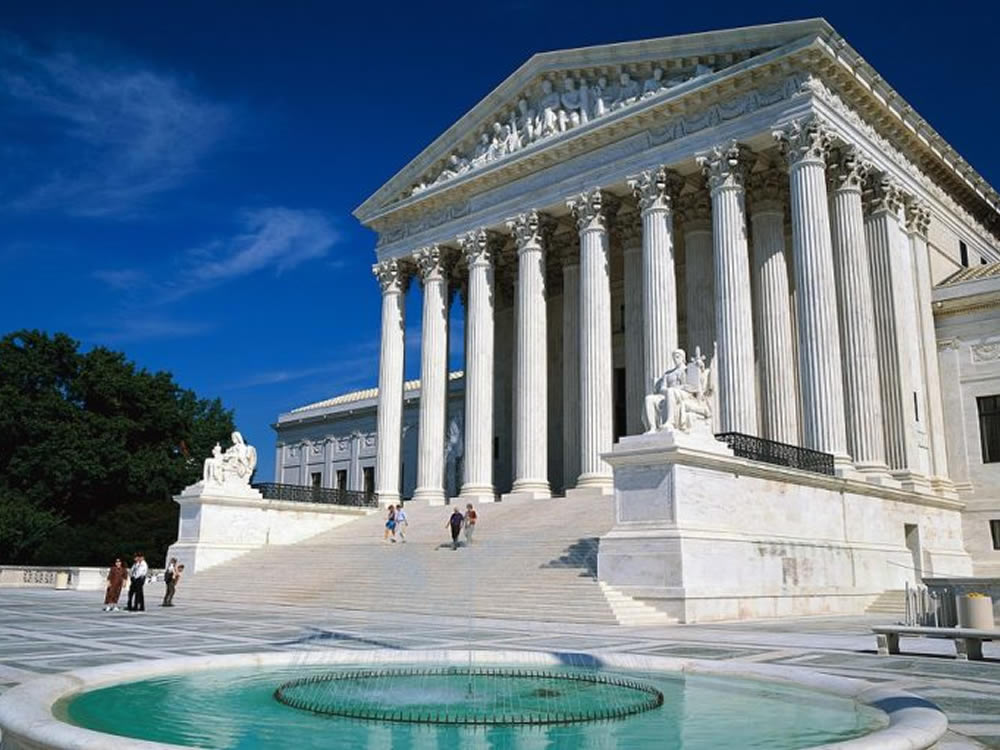Since enactment of the Bankruptcy Abuse Prevention and Consumer Protection Act in 2005, individual retirement accounts (IRAs) have been protected under federal law if you declare bankruptcy.
Over the years, federal court decisions have been divided over whether or not inherited IRAs are protected under the Act.
To resolve this conflict, the United States Supreme Court agreed to hear the case of Clark v. Rameker.
The Supreme Court’s Decision
On June 12, the Court decided the Clark case, holding that inherited IRAs are not protected “retirement funds” under federal law. The Court reached this conclusion by noting that the holder of an inherited IRA:
- Cannot invest new money in the account.
- Can withdraw the entire balance at any time and use the funds for any reason without penalty.
- Must take required distributions, no matter how far the holder is from retirement.
What Does This Mean To You?
If you or a beneficiary declare bankruptcy and hold an inherited IRA, no protection for those assets will apply under federal law. Whether protection from creditors can be achieved at all (inside or outside of bankruptcy) will instead depend on the laws of your particular state.
Exception for spouses
Note that if you inherit an IRA from your deceased spouse, and you are the sole beneficiary, you are generally entitled to treat that IRA as your own e.g., by making an affirmative election or contributing to the account). If you do so, the IRA should not be considered an inherited IRA for bankruptcy purposes. But since the Clark case dealt with an IRA inherited by the IRA owner’s daughter, not a spouse, this was not specifically addressed by the Court.
What Can You Do?
You should keep this ruling in mind when naming beneficiaries for your own IRAs, particularly if you intend to name someone other than your spouse. If creditor protection for your heirs is important to you, one option is to consider naming a spendthrift trust as your IRA beneficiary. These trusts limit your trust beneficiary’s ability to control the trust funds, and provide protection from your beneficiary’s creditors under most state laws. However, consult a qualified professional, as establishing a trust as your IRA beneficiary can have significant legal and tax implications.
SageVest Wealth Management offers unbiased recommendations centered on your own unique priorities for wealth transfer and legacy planning. We encourage you to CONTACT US for more information on our asset protection, beneficiary designation, estate planning and tax optimization services.
If you found this alert useful, please SUBSCRIBE.




